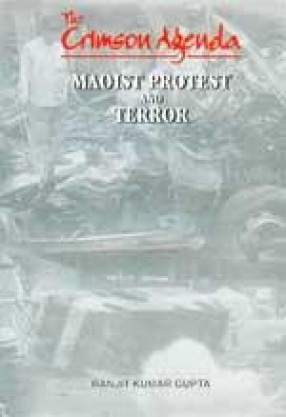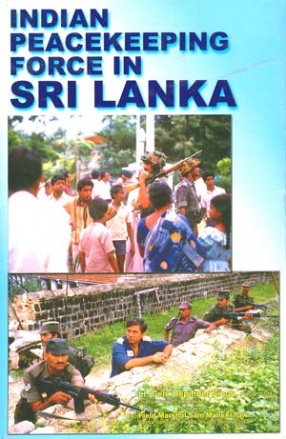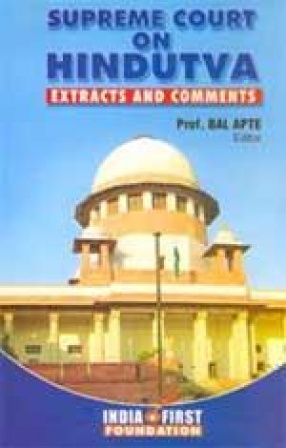Bestseller
The Crimson Agenda: Maoist Protest and Terror
Synopsis
In more than one-fifth of Indian territory, the writ of the left-wing extremists holds sway. Many jungle areas in Madhya Pradesh are out of bounds for junior forest officers. When the Howrah-New Delhi Rajdhani Express derailed in Rathigarh in September 2002, the Bihar police avoided traveling through Naxalite-infested tract, consequently delaying action. At many places, the police and the revenue system have been rendered redundant. 'Jan adalatas' held in Naxalite areas pass death sentences, readily executed. Even the junior bureaucracy of the state attends these 'jan adalats'. The PWG and the MCC are working with the Communist Party of Nepal (Maoist) to establish a Compact Revolutionary Zone (CRZ) stretching from Nepal to the south of Andhra Pradesh and the Tamil Nadu sea coast. The CRZ, once achieved, will be an impregnable wedge between north-east and the rest of India. In Nepal, 32 of its 75 districts are officially admitted to be in the Maoist cauldron. This extremist movement is also a strong magnet to the rural and urban youth. There are forty parties calling themselves Maoist, claiming direct descent from Charu Mazumdar's Naxalite party that made bloodcurdling news in 1967-71. With suitable State action, that uprising was scotched. The present Naxalites have learnt from Charu Mazumdar's mistakes. They are better trained, better equipped in arsenal and in leadership, and seem determined to achieve their agenda of social engineering swiftly. In 1970, the author was appointed Commissioner of Police of Calcutta with the mandate to handle the spine-chilling Naxalite terror. The police force, confused, demoralized and undisciplined, had to be given the backbone to fight back. This was successfully done and the movement was snuffed out. In this book the author shares, with characteristic verve, his experiences of those troubled times, the challenges, the heartbreaks, and the resolve to finally win. His insights from his rich background on the strategy in tackling the Maoist challenge are invaluable.
Read more
23.40
21.06
$
26.00 $
Free delivery Wolrdwidе in 10-18 days
Ships in 1-2 days from New Delhi
Membership for 1 Year $35.00
Get it now and save 10%
Get it now and save 10%
BECOME A MEMBER







Bibliographic information